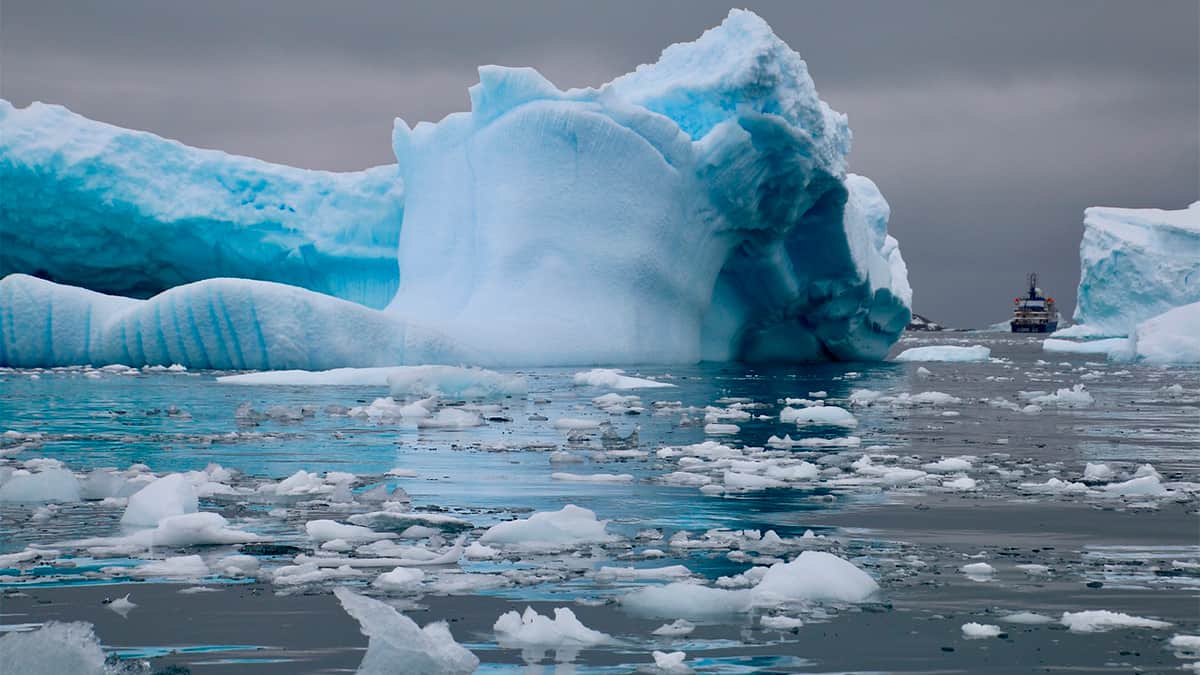A recent study by scientists at the University of Cambridge examines the impact of carbon dioxide emissions on the atmosphere and their potential climate consequences. According to experts, large carbon dioxide emissions will not only accelerate global warming, but could also delay the onset of the next predicted ice age by about 1,500 years.
According to researcher Luke Skinner, the research coordinator, even if carbon dioxide emissions stopped immediately, long-term processes to reduce them could prolong the current interglacial period.
Discussions with opposing views
This scientific scenario has sparked heated debate among environmentalists and groups that advocate for controlled global warming policies. The Global Warming Policy Foundation is one of the groups that advocates for a sustained greenhouse effect, arguing that injecting greenhouse gases into the atmosphere can regulate the climate and prevent extreme cooling that could threaten human survival.
However, Skinner cautions about the ethical and practical implications of these proposals. He points out that there is a crucial difference between releasing carbon dioxide into a climate that is already warming and one that is likely to cool, suggesting that the results of these experiments could be unpredictable, even irreversible.
Mini Ice Age in the Next Decade
UK scientists are warning that the Earth could face a mini ice age from 2030 onwards, according to a new model for predicting solar activity presented by Professor Valentina Zharkova at the National Meeting of the Royal Astronomical Society. The Sun is expected to experience a significant decline in the next decade. This decline in solar activity could lead to a moderate global cooling.
The last time Earth experienced similar conditions was during the Maunder Minimum, between 1645 and 1715, a period known for below-average temperatures in Europe.
Since then, scientists have been monitoring solar activity cycles, which vary in minimum and maximum every 10 to 12 years. However, predicting the fluctuations in solar radiation our planet receives during these cycles remains difficult.
